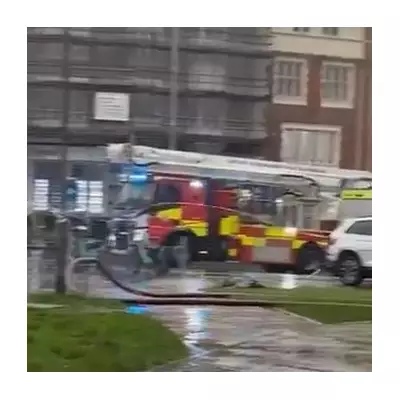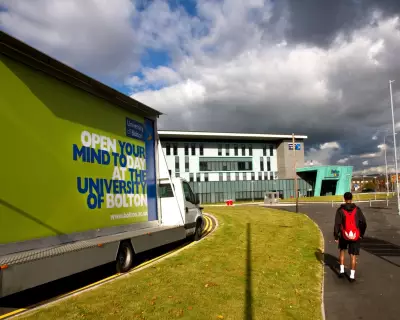
The fundamental right to free speech and open debate on British university campuses is facing a severe crisis, according to a stark warning from prominent American commentator Charlie Kirk. The controversial claim suggests the atmosphere has become so toxic and volatile that students engaging in debate could potentially face lethal violence.
A Chilling Warning from Across the Pond
During a recent episode of his podcast, Kirk pointed to a specific, contentious debate topic to illustrate his point. He expressed grave concern that if British students were to engage in a debate on such a sensitive issue, the reaction wouldn't just be shouted down or protested—it could, in his view, escalate to a point where students might be "shot and killed".
This extreme prognosis is presented as a symptom of a much wider cultural decay within UK higher education. Kirk argues that universities, traditionally bastions of intellectual exploration and challenging discourse, have been transformed into environments where certain ideas are simply unsayable.
The Climate of Censorship and Fear
Kirk's comments tap into a growing and increasingly mainstream concern about censorship and self-censorship in British academia. The debate no longer centres solely on 'no-platforming' invited speakers but has expanded to the everyday interactions between students.
Critics of the current campus culture argue that:
- A pervasive fear of causing offence stifles genuine academic debate.
- Students and academics alike are pressured to conform to a narrow set of acceptable viewpoints.
- Disagreement is often framed not as intellectual dissent but as a form of personal harm.
- This environment creates a 'chilling effect', discouraging students from exploring controversial or challenging ideas.
Free Speech vs. Safe Spaces: The Central Dilemma
This incident throws the enduring tension between free speech and the desire for 'safe spaces' into sharp relief. University administrators are increasingly caught in a crossfire, trying to uphold their institutions' legal obligations to protect free speech while also responding to student demands for protection from harmful rhetoric.
Proponents of safe spaces argue that they are necessary to ensure all students, particularly those from marginalised backgrounds, can learn and thrive without being subjected to hate speech or trauma. Conversely, free speech advocates contend that universities must be places where any idea, no matter how uncomfortable, can be proposed, tested, and challenged through reasoned argument, not silenced.
Beyond Rhetoric: The Real-World Impact
While Kirk's prediction of lethal violence is dismissed by many as hyperbole, it underscores a very real anxiety about where the current trajectory leads. The question being asked is not just about the right to speak, but about the personal cost and risk associated with doing so.
Are students becoming afraid to voice unpopular opinions for fear of social ostracism, academic repercussions, or even physical safety? Kirk’s warning, however alarmist, suggests a segment of cultural commentators believe the situation has already passed a dangerous tipping point.
The conversation ignited by these remarks goes to the very heart of the purpose of a university education. Is it to confirm existing beliefs in a protected environment, or is it to be intellectually challenged and to develop the resilience to engage with opposing, even offensive, ideas? The answer to this question will likely define the future of academic freedom in the UK for years to come.





